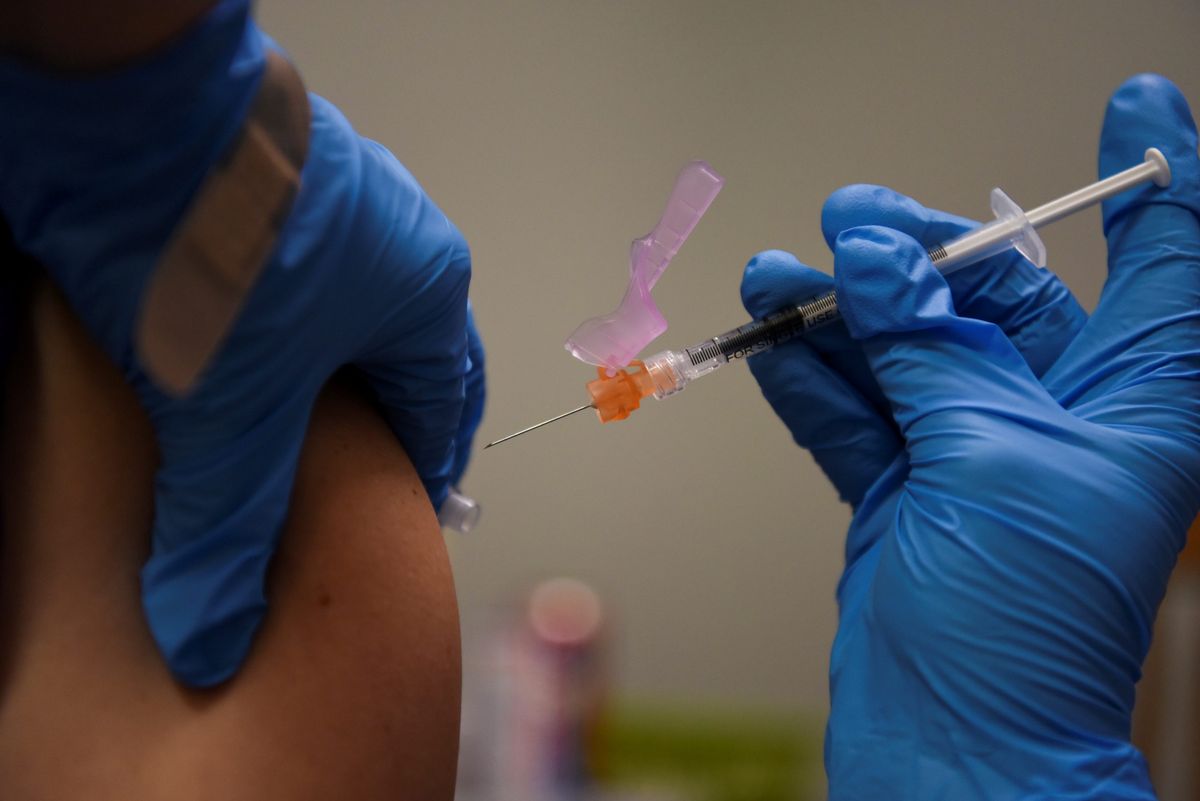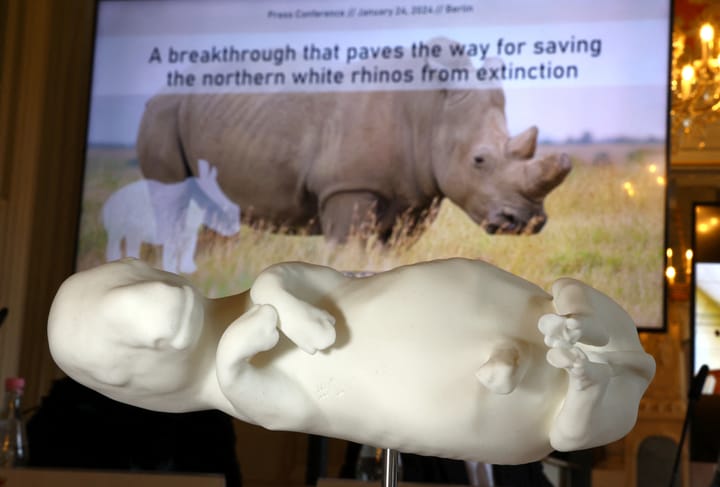After the FDA approval of Pfizer-BioNTech, what comes next?

A few minutes every morning is all you need.
Stay up to date on the world's Headlines and Human Stories. It's fun, it's factual, it's fluff-free.
Each drug, including Comirnaty, the vaccine formerly known as Pfizer-BioNTech, is required to go through three phases of human trials before full FDA approval. Each phase must be checked and approved before the next one can start.
Why did full approval take so long?
- The journey to Food and Drug Administration (FDA) approval is a long, complicated and expensive process.
- For most new drugs, it takes an average of 12 years and over US$1 billion to get full approval.
- These high numbers are mostly due to a mix of FDA requirements and the sheer cost and difficulty of biotech. But, the real hang-up for most hopeful pharmaceuticals is the human trial phases.
- Each drug, including Comirnaty, the vaccine formerly known as Pfizer-BioNTech, is required to go through three phases of human trials before full FDA approval. Each phase must be checked and approved before the next one can start.
- Every phase is meant to figure out the right doses and find all the side effects and safety considerations. Every phase also tests a larger number of people each time, with phase 1 testing under 100 people and phase 3 testing many thousands of people.
If that’s the case, how did we get vaccines so quickly?
- Pfizer and the other common vaccines were able to get this done in record time because of three main reasons.
- The immediate crisis of COVID-19 resulting in heavy cooperation with other companies and governments, previous existing research on coronaviruses and mRNA vaccines and large amounts of money granted from governments around the world.
- And, just to be clear, Pfizer and Moderna, up until now, have been approved under an emergency use authorization.
- This means they were proven safe and effective long ago, but this full approval from the FDA means that they’ve finally cleared through the red tape and made it official.
What does the FDA have to do with horse dewormers?
- You may have been hearing about horse dewormers, with some people in the US contemplating using ivermectin, a medicine used to treat parasite infections in animals and the occasional human, instead of getting the COVID-19 vaccine.
- In fact, on the same day of the Pfizer-BioNTech approval, the FDA tweeted, “You are not a horse. You are not a cow. Seriously, y’all. Stop it.”
- The reason this even started though, is because the FDA is also responsible for veterinary medications, one of which has been making the rounds in pseudoscience news.
- In November 2020, a research paper came out of some Egyptian universities claiming that Ivermectin was effective in treating COVID-19 and even encouraged its use as a preventive medicine against COVID-19.
- Unfortunately, this study was never peer-reviewed for the accuracy or approved for publication. When skeptical scientists looked closer, they found massive amounts of plagiarism and data manipulation. The data the researchers released to the public was very different from the data they used in their paper, and almost the entire introduction was copied from other work.
- When contacted about the problems, the company hosting the preprinted paper quickly removed it from their website for “ethical concerns.”
What’s the response to Comirnaty’s approval?
- In an interview with NPR’s “All Things Considered," Dr. Anthony Fauci mentioned that he hopes this new official approval will encourage up to 20% of vaccine holdouts in the US to go get their shot.
- Full approval has also paved the way for more vaccine mandates. The Department of Defense (DOD) is the largest group to mandate shots so far, making them required for all active service members.
- US President Joe Biden is also encouraging private business owners to make vaccinations required for employees. So far companies like Walgreens Company and Google LLC have made vaccines mandatory for in-person employees.
- Mandatory vaccines already exist. Universities all across the United States require proof of meningitis vaccination. Likewise, most states require measles vaccinations for all school-aged children.
What comes next?
- Moderna Inc. filed for full FDA approval about a month after Pfizer Inc. All things being equal, their approval would be just a few weeks away, but there’s still room for unexpected difficulties.
- Trials involving patients between 12 and 16 are still in process, however, an emergency use authorization for the Pfizer vaccine has been approved for that age group. Kids aged 12 and under are still unable to get the shot, although research and trials are continuing.
- Law experts aren’t quite sure what this full approval will mean for the possibility of any nationwide mandates. Governments from the local level up are currently looking at their options, but progress in that area might be slow.
- Unfortunately, with how the virus is evolving and the new understanding of herd immunity, it’s looking like this might be our new normal for quite a while.
- But with this recent official approval, steps are finally being taken to manage this public health crisis more effectively. And so, even though COVID-19 won’t go away completely anytime soon, hopefully, we’re well on our way to taming this pandemic.
Have a tip or story? Get in touch with our reporters at tips@themilsource.com







Comments ()